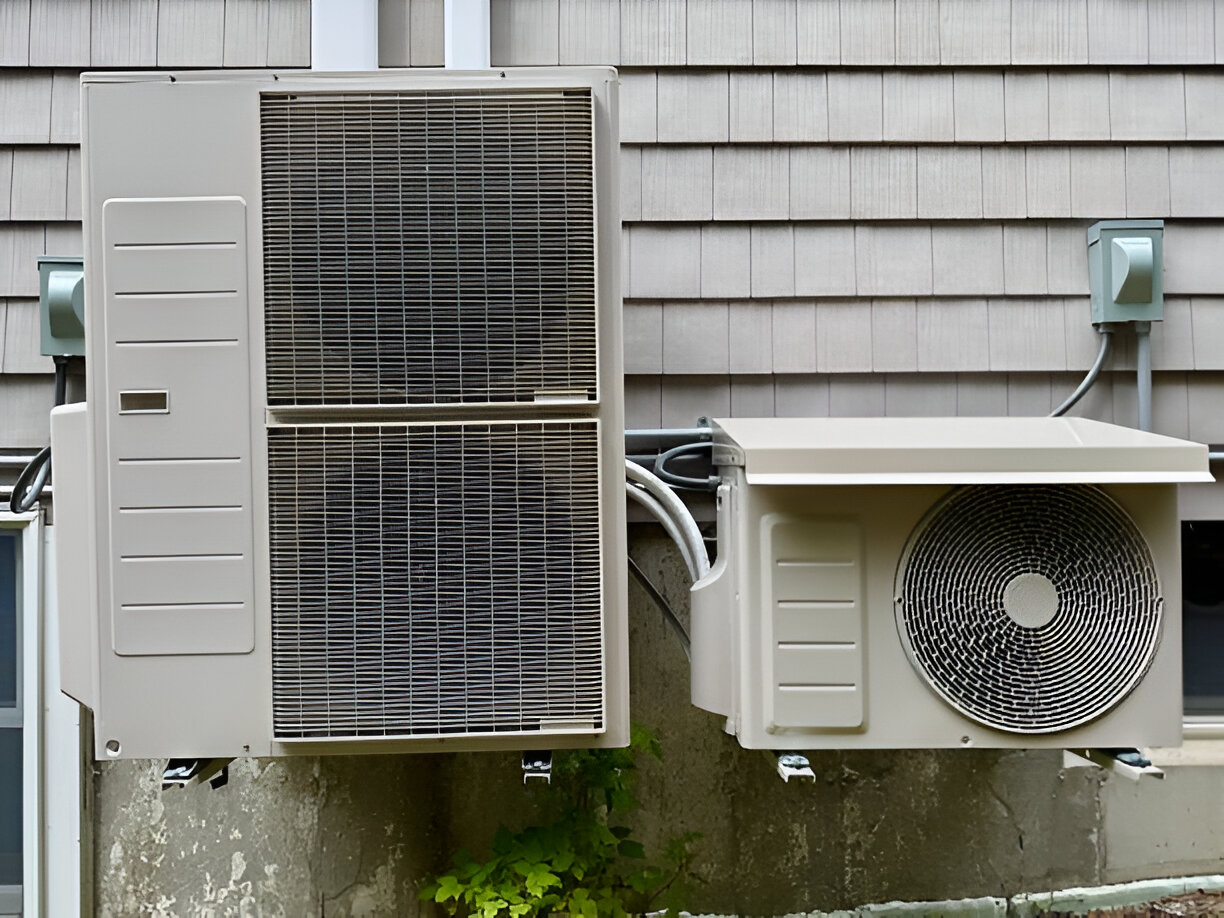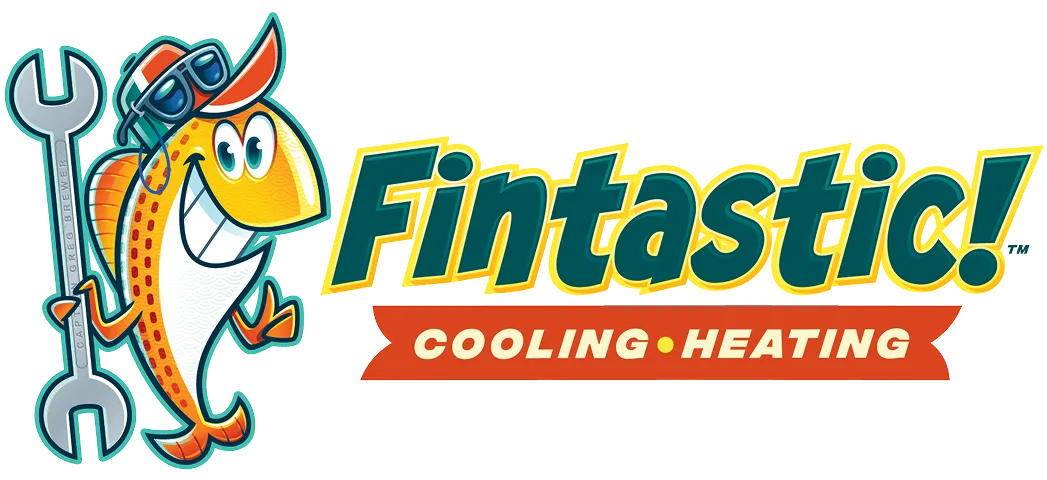Mini Split Service in Houston, TX
Mini Split Service in Houston, TX
Houston’s climate, long, hot summers and high humidity, makes reliable cooling a necessity. Mini split systems (ductless heat pumps) are a popular choice for Houston homes because they deliver efficient, zoned comfort without major ductwork. When a mini split underperforms, acts up during peak heat, or needs replacement, fast, knowledgeable service tailored to local conditions is critical. This page explains common mini split problems in Houston, full-service offerings for installation, repair, replacement, maintenance, emergency response, and typical service contract options to help homeowners make informed decisions.

Common mini split issues in Houston homes
- Insufficient cooling or heating — often caused by low refrigerant, dirty coils, or improper sizing for Houston’s cooling load.
- Frequent short-cycling — can indicate electrical problems, incorrect thermostat settings, or a failing compressor.
- Refrigerant leaks — reduced performance and higher energy use; salt air and corrosion in coastal areas can accelerate line damage.
- Frozen indoor coil — usually from restricted airflow, dirty filters, or low refrigerant levels.
- Clogged condensate drains and drainage problems — high humidity increases the condensate load and risk of overflows and mold.
- Corrosion and outdoor unit wear — Houston’s humidity and coastal salt can corrode fins, tubing, and electrical connections.
- Control, sensor, or inverter faults — modern inverter-driven mini splits rely on electronics that may need diagnostics or firmware updates.
- Poor indoor air quality — dirty filters, microbial growth in trays, or improper ventilation increase allergy and mold concerns in humid climates.
Full-service offerings for mini split systems
Service offerings for mini split systems in Houston typically cover the entire lifecycle of the equipment:
- Installation and system design
- Comprehensive site survey and load calculation to ensure correct capacity for Houston’s cooling demands.
- Right-sizing and zone planning to balance comfort and efficiency.
- Proper mounting, line-set routing, condensate management, electrical hookups, and insulation to limit heat gain and prevent freezes.
- Permit handling and code-compliant installation practices tailored to local requirements.
- Repair and diagnostics
- Systematic diagnostic testing: electrical checks, pressure and temperature measurements, leak detection, and control verification.
- Refrigerant leak repair and proper recovery/recharge by EPA-certified technicians.
- Component repairs or replacements: compressors, inverter boards, blower motors, valves, sensors, and controls.
- Corrosion mitigation and protective measures for outdoor units in coastal neighborhoods.
- Replacement and system upgrades
- Evaluation of repair-versus-replace based on age, efficiency, refrigerant availability, and repair frequency.
- Options for upgrading to modern inverter-driven units with higher SEER ratings and improved humidity control — relevant for lowering energy use in Houston’s long cooling season.
- Integration options for multi-zone systems and smart controls.
- Routine maintenance and tune-ups
- Biannual or seasonal inspections recommended: cleaning coils, replacing or washing filters, checking refrigerant charge, inspecting electrical connections, verifying drain integrity, and testing controls.
- Pre-summer tune-ups are especially important in Houston to ensure peak performance before sustained high temperatures.
- Emergency response
- Rapid diagnosis of failures during heat waves, including temporary measures to protect indoor air quality and minimize downtime until repairs can be made.
- Common emergency services: compressor protection, temporary bypass, leak isolation, and expedited part sourcing.
- Service contracts and pricing options
- Preventive maintenance plans offering scheduled tune-ups, priority scheduling, and discounted parts or labor.
- Flat-fee seasonal service packages, pay-per-visit repairs, and extended warranty options on parts and labor.
- Financing and payment plans for larger replacements or multi-zone installations (options vary by provider).
Typical diagnostic and repair process
- Arrival and system history review (symptoms, previous repairs, and runtime patterns).
- Visual inspection of indoor and outdoor units, line sets, and condensate paths.
- Electrical, pressure, and temperature tests to identify leaks, low charge, compressor or control faults.
- Clear estimate and recommended scope (repair vs replacement), including parts and expected performance outcomes.
- Authorized repairs with post-repair testing and leak checks.
- Preventive tips and documentation of work performed and warranty information.
Why timely mini split care matters in Houston
- Energy efficiency: Proper refrigerant charge and clean coils keep running costs lower during long cooling seasons.
- Reliability during peak heat: Preventive maintenance reduces the risk of failure during heat waves when demand and discomfort are highest.
- Better humidity control: Well-tuned mini splits remove excess moisture more effectively, reducing mold growth and improving indoor air quality.
- Extended equipment life: Regular maintenance minimizes wear on compressors and electronics, stretching system life beyond common replacement timelines.
Frequently asked questions (FAQs)
Q: How often should I service a mini split in Houston?A: For Houston’s climate, schedule a professional tune-up at least once per year, ideally before summer. High-use systems or coastal installations often benefit from two visits per year.
Q: My mini split is blowing warm air during a heat wave. What could be wrong?A: Common causes are low refrigerant due to leaks, a failing compressor, dirty coils restricting heat transfer, or electrical/control faults. Rapid diagnosis is important to prevent further damage.
Q: Can a mini split be added to an older Houston home?A: Yes. Mini splits are often the preferred choice for homes without ducts. A site survey determines optimal indoor unit placement, line-set routing, and any electrical upgrades needed.
Q: How long do mini splits typically last in Houston?A: With regular maintenance, many mini splits last 12–20 years. Coastal corrosion, heavy usage, and deferred maintenance shorten lifespan.
Q: Are refrigerants still a concern?A: Modern systems use R-410A or R-32; older systems with R-22 are being phased out. If your system uses phased-out refrigerant, replacement may be more cost-effective than frequent recharges.
Q: What maintenance tasks can I do myself?A: Homeowners can clean or replace filters, keep outdoor units clear of debris and vegetation, and ensure indoor unit drains are unobstructed. Full diagnostics and refrigerant work should be handled by certified technicians.
Q: Will a new mini split lower my electric bills in Houston?A: Upgrading to a properly sized, inverter-driven unit with a higher SEER rating typically reduces energy use, especially in Houston’s long cooling season. Humidity control improvements can also reduce perceived need for lower thermostat settings.
Q: Do I need permits for mini split installation in Houston?A: Many installations require permits. A professional installer will advise on local permitting requirements and handle submissions as needed.
ConclusionFor Houston homeowners, professional mini split service tailored to local climate challenges preserves comfort, improves energy efficiency, and prevents costly failures during peak heat. Thorough diagnostics, corrosion-aware repairs, correct sizing and installation, and routine maintenance are the pillars of long-term, trouble-free mini split performance in the Houston area.
Customer Testimonials
Our customers praise our exceptional service and attention to detail, consistently exceeding expectations.































































